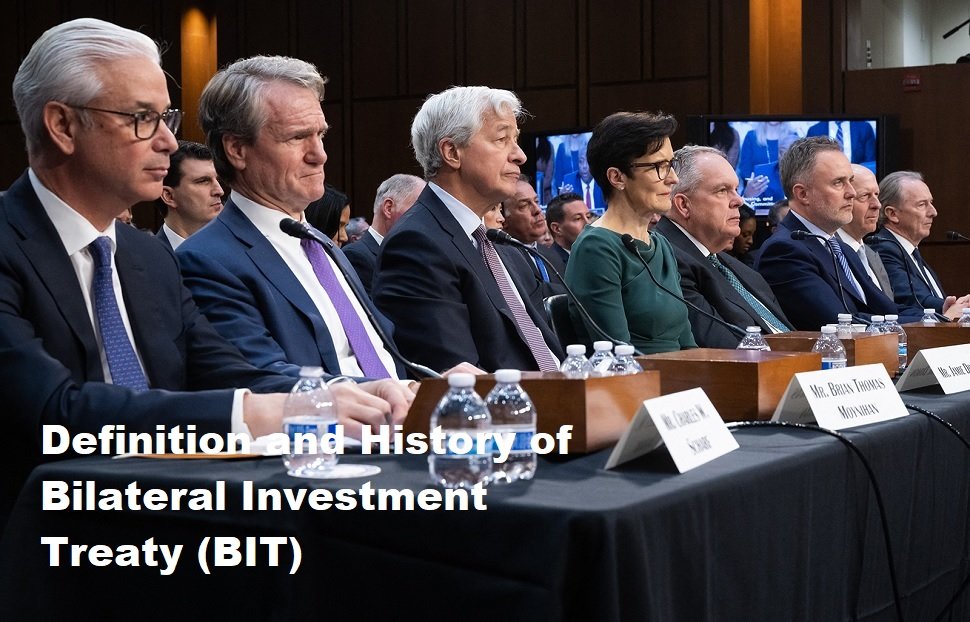The unexpected statement made by former US President Donald Trump on Friday, April 25th, 2025, has sent ripples through the international community, particularly given its subject matter: the Israeli-Palestinian conflict. Trump declared that he had instructed Israeli Prime Minister Benjamin Netanyahu earlier in the week to be “good” to the “suffering” and “besieged” people of the Gaza Strip. This declaration, delivered in his characteristic forthright manner, signals a potentially significant, albeit nuanced, shift in his previously unwavering support for Israeli policy.
While the exact context of this communication remains opaque, the mere fact that Trump, a figure known for his close alignment with Netanyahu and his often hawkish stance on Israel, publicly advocated for the Palestinian population of Gaza raises eyebrows. Throughout his previous presidency, Trump’s policies, such as moving the US embassy to Jerusalem and withdrawing from the Iran nuclear deal, were widely perceived as favoring Israel and undermining the prospects for a two-state solution. This latest pronouncement, therefore, appears to represent a departure from that established pattern.
Several potential explanations could account for this apparent change of heart. Firstly, it is possible that Trump, now holding a different position and operating under a different set of political considerations, is attempting to reposition himself on the international stage. By demonstrating a concern for the humanitarian situation in Gaza, he might be aiming to project an image of balanced leadership and expand his appeal beyond his traditional base.
Secondly, internal political dynamics within Israel could be playing a role. Netanyahu’s long tenure as Prime Minister has been marked by periods of political instability and growing dissent, even within his own right-wing coalition. Trump may be subtly signaling to Netanyahu the need for a more pragmatic approach to the Gaza issue, potentially nudging him towards a path of de-escalation and humanitarian relief, thereby stabilizing the political landscape.
Thirdly, the escalating humanitarian crisis in Gaza, exacerbated by years of blockade and periodic conflict, might have finally compelled Trump to address the situation directly. International pressure, coupled with compelling reports from humanitarian organizations, may have prompted him to recognize the urgency of the situation and urge Israel towards a more compassionate response.
However, it is crucial to interpret Trump’s statement with caution. The term “good” is inherently ambiguous and lacks concrete policy implications. It remains to be seen whether this exhortation translates into tangible changes in Israeli policy regarding Gaza. Without specific measures aimed at alleviating the suffering of the Gazan population, the statement could be dismissed as mere rhetoric.
Furthermore, Trump’s underlying motivations are unclear. He may be attempting to manage international perceptions without fundamentally altering his support for Israel’s security concerns. He may be seeking to exert pressure on Hamas, the governing faction in Gaza, to curtail its activities. Or he may simply be engaging in a calculated act of political theater.
In conclusion, President Trump’s recent communication with Prime Minister Netanyahu regarding the situation in Gaza is a noteworthy development that warrants careful observation. While the precise reasons behind his statement and its ultimate impact remain uncertain, it highlights the enduring complexity and sensitivity of the Israeli-Palestinian conflict and the ongoing need for diplomatic engagement to address the humanitarian crisis and pursue a lasting peace. Whether this signals a genuine shift in policy or a fleeting gesture remains to be seen, but its potential implications demand attention from both regional and international actors.









